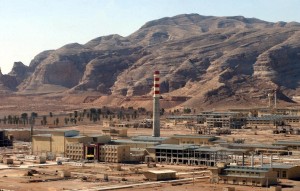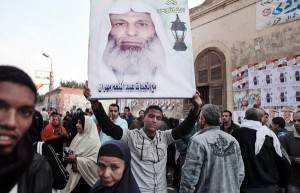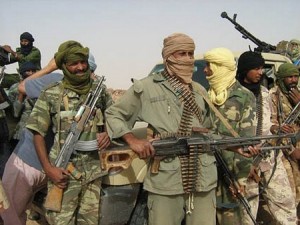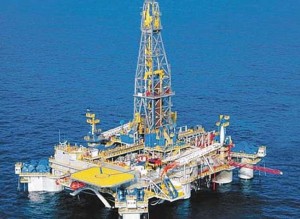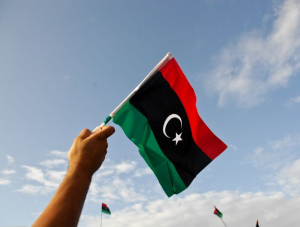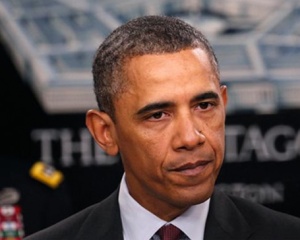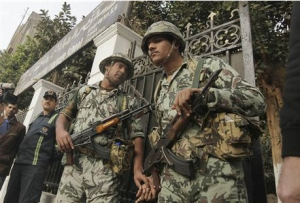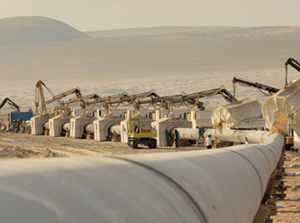Iran has long sought to spread its Islamic revolution into neighboring Iraq. With Saddam and the US out and Shiites in control, Iraq’s leaders are now intent on rebuilding their country as a regional Shiite power. But first, they must pacify radical Sunni elements and unite its various Shiite sects who remain divided over various issues. Those divides, however, have opened the door for Iran’s long-awaited ascendancy in Iraq. In doing so, Iranian revolutionary Shi’ite Islam – arguably above anything else – has become the Islamic Republic’s foremost strategy of attaining influence in Iraq.
As is the case with most religious groups, Shiites are not monolithic and there are notable ideological and political differences among them. For centuries, Iraq has historically been the premier source for Shiite ideology, much of it stemming from the southern city of Najaf. However, Saddam’s secular dictatorship systematically targeted leading Shiite clergymen, thereby forcing many into exile in neighboring Iran. That said, the return of thousands of Iraqi Shiites and clergymen – many now learned in Iranian dogma – have become a major catalyst for spreading Tehran’s religious message throughout Iraq. With their return, Iran has sought to supplant or push aside the traditional Shiite leaders from the “quietist” religious school in Najaf with revolutionary Islamic teachers who have trained and studied revolutionary Islam in Qom, Iran.
